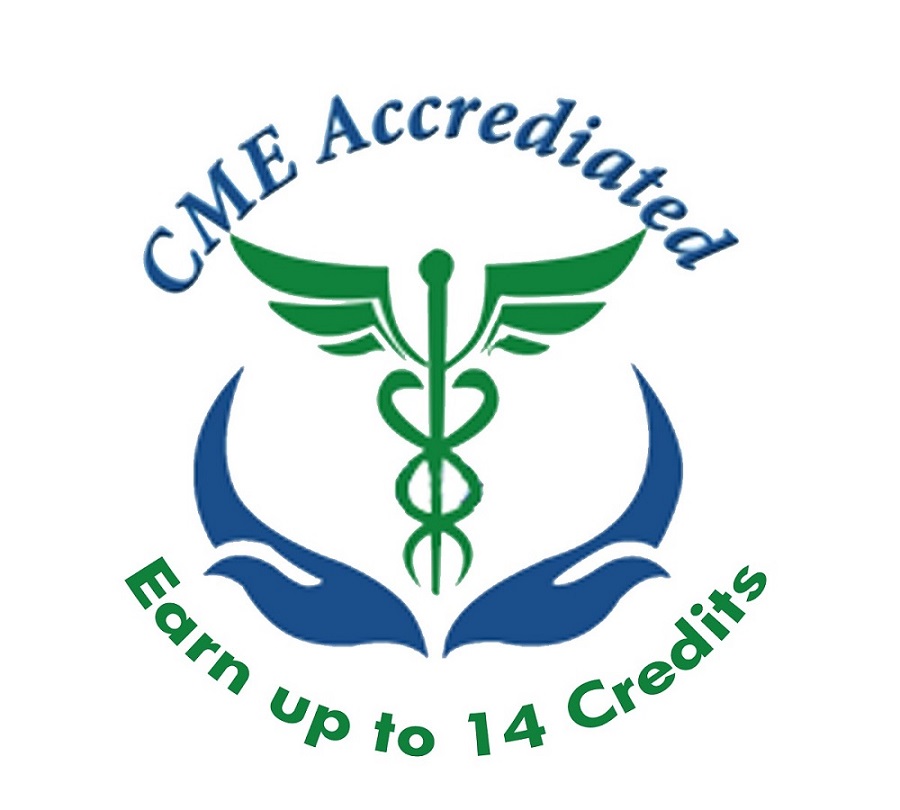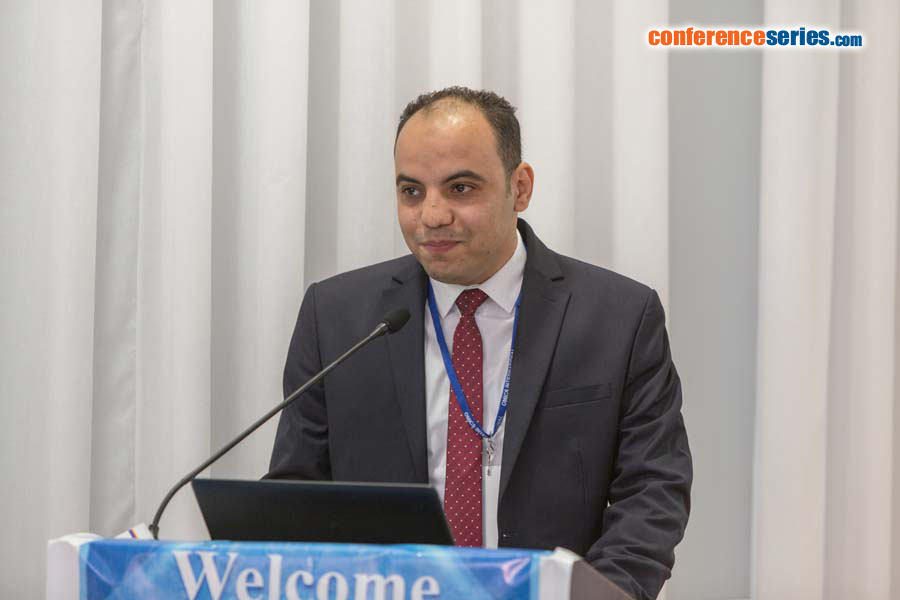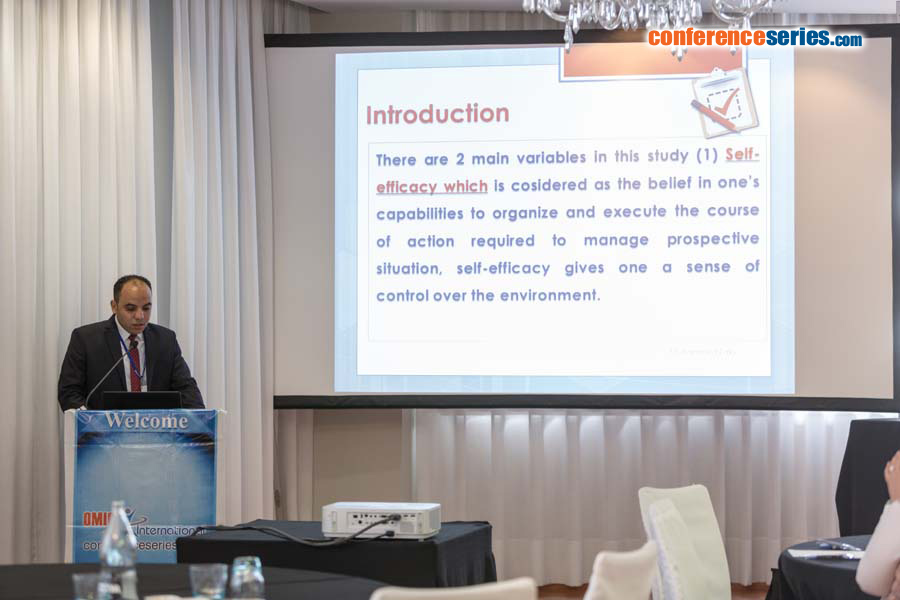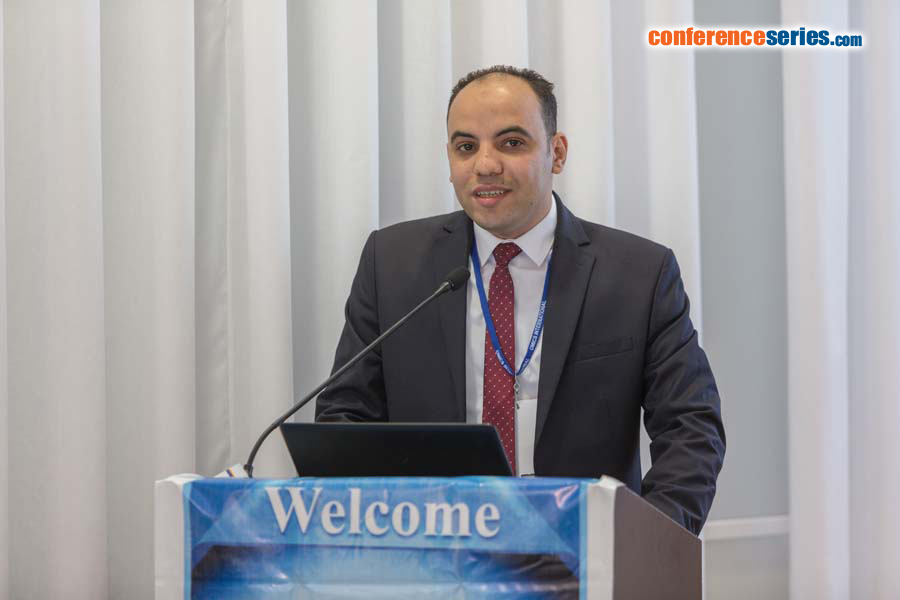
Mohammed el sayed zaky
Cairo University
Egypt
Title: Impact of self-management techniques on self-efficacy among patients with rheumatoid arthritis at a university hospital in Cairo
Biography
Biography: Mohammed el sayed zaky
Abstract
Background: Self-management techniques of rheumatoid arthritis patients are designed to minimize the potential long-term disabilities. Th ese patients are liable to decreased fl exibility, muscle atrophy, diminished muscle strength. Self-management techniques were provided to the study subjects using hand out of instructional booklet containing all the needed knowledge that help patients to perform self-management techniques. Th is was preceded by instructional sessions and self-effi cacy assessment. Objectives & Aims: Aim was to evaluate the impact of self-management techniques on self-effi cacy among patients with rheumatoid arthritis at a university hospital in Cairo. Subject & Methods: Sample: A random sample of 30 adult RA patients. Setting: Outpatient rheumatology clinics at El Kasr El Eini Hospital. Design: One-group Pre-Assessment/Post-Assessment research design (pre-experiments). Tools of data collection: a- Structured interview questionnaire b- Arthritis Self-Effi cacy Tool. Results: Th e majority of the studied sample (80%) was females. Th e mostly reported signs and symptoms by RA subjects were (Arthralgia, continuous fatigue, joint hotness, stiff ness, inability to perform ADLS and joint swelling) were (87%, 81%, 81%, 75%, 72% and 69 %) respectively. Th e self-effi cacy of studied sample in 1st Assessment, 2nd Assessment and 3rd Assessment were (125.37±29.93, 130.23±32.45 and 137.06±29.23) respectively indicating improved self-effi cacy. Finally, there is relation between age and 3rd selfeffi cacy assessment (127.06±32.32) T=2.05, P=0.05. However, gender, level of education and practicing exercise didn't play a role in relation to self-effi cacy. Conclusion: Patients who received self-management techniques showed high self-effi cacy levels.. Recommendation: Self-management techniques should become an integrated part of the total management of rheumatoid arthritis patient. Self-effi cacy should be enhanced to help patients limit the impact of their signs and symptoms on their living activities.
Speaker Presentations
Speaker PPTs Click Here




